SarahMakesGames: Charting a Course for Xbox PC – Will Phil Spencer's Return Right the Ship?

Hey XenGamer faithful, Sarah Chen here! You probably know me as SarahMakesGames on Twitch, where I spend my days wrestling with Unreal Engine 5, building my cozy farming sim, "Pixel Acres," and chatting with you all about the ins and outs of game development. But before all this indie goodness, I was a technical artist at Rare, slinging code and textures on Sea of Thieves from 2016 to 2019. After Sea of Thieves and the Microsoft acquisition, it felt like the wind changed at Rare, and not for the better. That experience gave me a front-row seat to the complexities of AAA game development under the Microsoft umbrella, and it's why I'm particularly interested in the recent rumors about Phil Spencer potentially returning as CEO of Xbox Game Studios.
Sarah Chen's home streaming setup, showcasing her indie game "Pixel Acres" and her engagement with the PC gaming community.
Look, no one can deny that Xbox Game Studios has hit some choppy waters lately. And when things get tough, the finger-pointing starts. So, the prospect of Spencer stepping back into the CEO role is certainly grabbing headlines, especially among us PC gamers. But what does it really mean for the future of Xbox on PC? Let’s dive in.
Game Pass Strategy: A Blessing or a Burden for PC Gaming?
The success of Xbox on PC is inextricably linked to Game Pass. It’s the gateway drug, the velvet rope, the… well, you get the idea. It's the way Microsoft delivers its games (and a whole lot more) to our beloved platform.
Day-and-Date Releases: Phil Spencer has been a champion of day-and-date releases for Game Pass on PC. That means new first-party titles launch simultaneously on both Xbox and PC via the subscription service. This is a huge win for PC gamers. We saw it with Starfield. That game benefited immensely from the PC community acquired through Game Pass. Players who might have been hesitant to drop full price on a Bethesda RPG were willing to give it a shot through the subscription, and many of them were hooked. The result was a massive influx of PC players and plenty of positive word-of-mouth, despite any launch quirks.
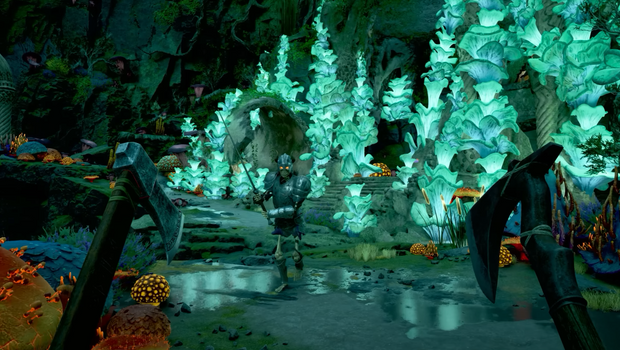
A screenshot of Starfield on PC, illustrating the impact of Game Pass on attracting a large PC player base.
Of course, this strategy isn’t without its risks. Does it cannibalize sales? Probably, to some extent. But it also introduces new players to the Xbox ecosystem and provides a constant stream of content for subscribers. It's a balancing act, and one that Microsoft needs to carefully consider. But let's be honest: Redfall would have flopped no matter where it was released. The Game Pass system didn’t fail it.
Indie Game Focus: Game Pass has also been a fantastic platform for indie games. Hollow Knight, Stardew Valley, Dead Cells… These are just a few examples of titles that found massive success thanks to the increased visibility and accessibility that Game Pass provides. For indie devs like myself, the prospect of getting our game on Game Pass is incredibly appealing. It offers a level of exposure and potential revenue that would otherwise be difficult to achieve. But there's also the risk of getting lost in the shuffle. With so many games available on the service, discoverability can be a real challenge.
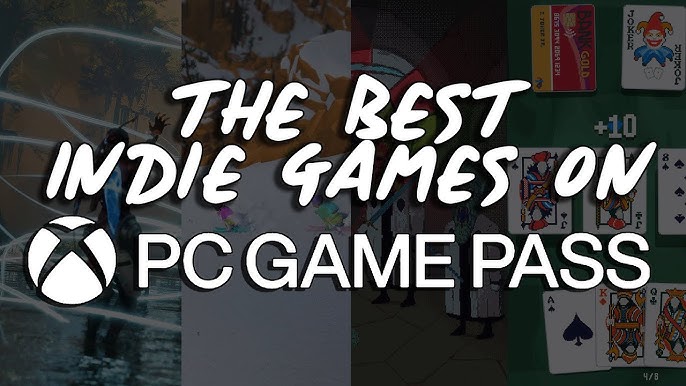
The Xbox Game Pass interface highlighting a selection of indie games such as Hollow Knight and Stardew Valley, demonstrating their popularity and discoverability on the platform.
If Phil Spencer returns, I hope he doubles down on supporting indie games on Game Pass, but also focuses on improving the discoverability tools and algorithms to ensure that these smaller titles get the attention they deserve. Microsoft needs to find ways to curate the experience and surface hidden gems, rather than just throwing everything at the wall and hoping something sticks.
Cloud Gaming: Let's talk about the elephant in the room – cloud gaming. Microsoft is heavily invested in Xbox Cloud Gaming, and it's natural to wonder how this will impact the future of dedicated PC versions of Xbox Game Studios titles. The promise of playing AAA games on any device, anywhere, is certainly enticing, but the reality is often… less so. Cloud gaming is like looking at a masterpiece through a dirty window.
Latency is still a major issue. Input lag can make fast-paced games feel unresponsive and frustrating. Visual fidelity is also a concern. Streaming games often involves compromises in resolution and texture quality. For PC gamers who value high frame rates, crisp visuals, and responsive controls, cloud gaming is not a replacement for a dedicated PC version.

A mockup of the Xbox Cloud Gaming interface, illustrating the accessibility benefits but also highlighting the potential limitations in visual fidelity and input lag.
I worry that Microsoft might prioritize optimizing games for cloud streaming over providing robust PC versions with advanced graphical features and mod support. This would be a mistake. The PC gaming community is incredibly passionate and discerning. We demand high-quality ports with customizable settings, ray tracing support (Nvidia RTX and AMD FidelityFX!), ultra-wide monitor support (21:9 and 32:9, please!), and, crucially, mod support (Nexus Mods integration is a MUST).
Upcoming PC Game Releases: Hope on the Horizon?
So, what about the games themselves? What impact could Phil Spencer's return have on upcoming PC releases from Xbox Game Studios?
Specific Delayed Games: Avowed and the Perfect Dark reboot have been shrouded in mystery and plagued by delays. What's going on behind the scenes? As a technical artist, I can tell you that developing games for PC is inherently more complex than developing for consoles. You have to account for a much wider range of hardware configurations and optimize accordingly. This requires time, resources, and a clear technical vision. A change in leadership could certainly provide the necessary impetus to get these projects back on track. But it also depends on why they are delayed. Is it creative disagreements? Technical hurdles? Or something else entirely?

Key art from Avowed and the Perfect Dark reboot, representing the anticipation and uncertainty surrounding these delayed Xbox Game Studios titles.
New IP vs. Established Franchises: Will Microsoft prioritize developing new IPs for PC, or will they focus on established franchises like Halo and Gears of War? There are pros and cons to both approaches. New IPs offer the opportunity for innovation and creative risk-taking. Established franchises provide brand recognition and a built-in audience. As a streamer, I can tell you that the PC gaming community gets really excited about unique and innovative games. Indie strategy games and RPGs tend to do very well on platforms like Twitch. Just look at the success of Escape From Tarkov or Baldur's Gate 3. But there's also a lot of love for established franchises, as long as they're done right.
Console Parity vs. PC Optimization: This is the million-dollar question. Will Xbox Game Studios prioritize achieving parity between console and PC versions of their games, or will they invest in optimizing PC versions with advanced graphical features and mod support? Achieving both parity and optimization is a difficult balancing act. Console ports often sacrifice graphical settings like texture resolution, draw distance, and shadow quality to maintain performance. This is simply unacceptable on PC.
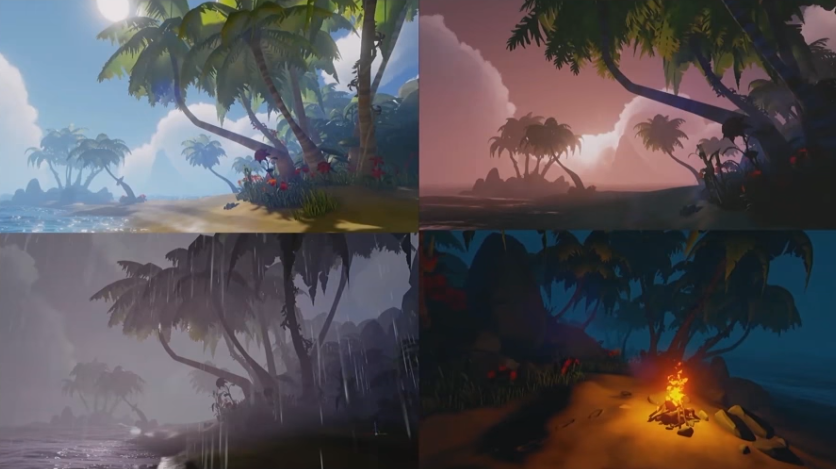
A screenshot of PC game settings (using Forza Horizon 5), showcasing customizable graphics options like texture filtering, shadow quality, and resolution settings, demonstrating the importance of PC optimization.
Phil Spencer needs to make it clear that PC optimization is a priority. We want to see games that take full advantage of the power of our hardware. We want to be able to crank up the settings, enable ray tracing, and enjoy buttery-smooth frame rates on our ultra-wide monitors.
Studio Autonomy: Letting Creativity Flourish
Ultimately, the success of Xbox Game Studios on PC depends on the creative autonomy that Microsoft grants to its individual game studios.
Microsoft's Reputation: Microsoft has a mixed reputation when it comes to overseeing its acquisitions. Some studios have thrived under Microsoft's ownership, while others have struggled. I experienced that first-hand at Rare. While Microsoft didn't overtly micromanage, there was a definite shift in focus and priorities after the acquisition. There are also rumors about Microsoft’s prior interferences with studios like Lionhead and Ensemble, which give cause for concern.
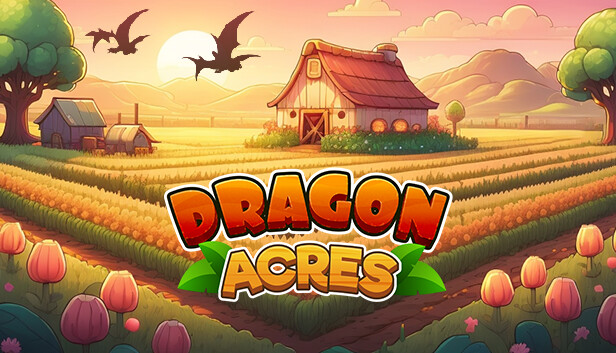
A visual representation of Microsoft's studio acquisitions, highlighting the company's significant presence in the gaming industry.
It's important to strike a balance between creative freedom and oversight. Studios need to be given the space to experiment and innovate, but they also need to be held accountable for delivering high-quality games on time and within budget.
Internal Strife: With so many different studios under the Xbox Game Studios umbrella, there's always the potential for clashes between different creative visions and development philosophies. Bethesda and Obsidian, for example, have very different approaches to game development. It's important for Phil Spencer to foster a collaborative environment where studios can learn from each other and share best practices. Each studio needs to feel safe and supported during this Microsoft era.
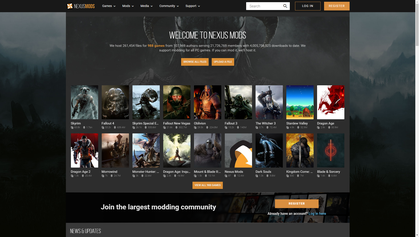
Logos of Bethesda and Obsidian, representing the different creative visions and development philosophies within Xbox Game Studios.
Game Art Quality: Standardization of art styles and technical pipelines can improve efficiency and consistency, but it can also stifle creativity and lead to homogenization. The stylized art of Sea of Thieves, the realistic aesthetic of Forza, the retro-inspired look of Minecraft – these are all examples of distinct artistic identities that should be preserved. It's crucial to find a balance between standardization and artistic freedom. Has standardization negatively affected these art styles? Thankfully, it seems like Microsoft has encouraged these differences.
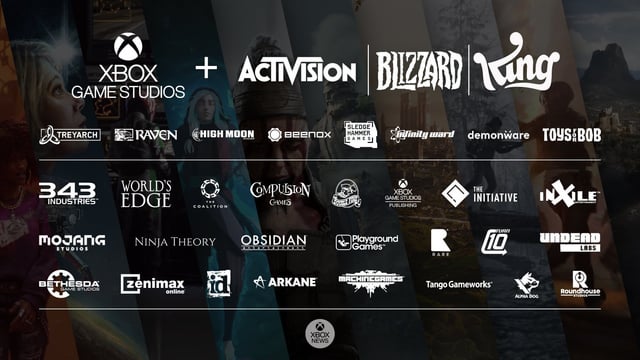
Visual examples of various art styles across different Xbox Game Studios titles, such as the stylized art of Sea of Thieves, the realistic aesthetic of Forza, and the retro-inspired look of Minecraft.
The Final Verdict: Hope or Hype?
So, what are the potential benefits and drawbacks of Phil Spencer's possible return as CEO of Xbox Game Studios, particularly for us PC gamers?
The potential benefits are clear: a renewed focus on PC optimization, increased support for indie games on Game Pass, and a greater emphasis on creative autonomy for individual studios. The drawbacks are also apparent: the risk of prioritizing cloud gaming over dedicated PC versions, the potential for homogenization of art styles, and the ever-present challenge of balancing platform exclusivity with the benefits of a diverse PC gaming audience.
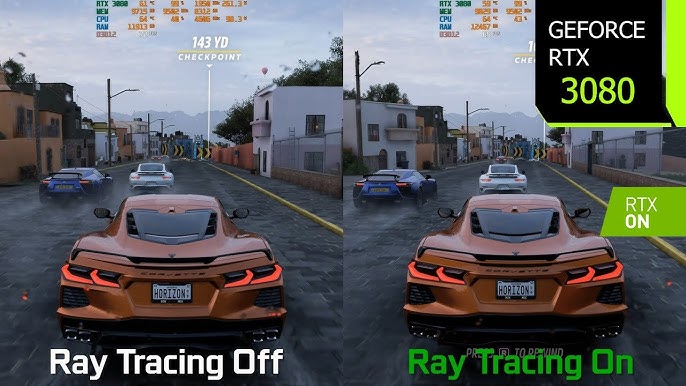
A split image comparing the Xbox Series X and PC versions of Cyberpunk 2077, illustrating the potential differences in graphical fidelity and performance.
To navigate these challenges, Xbox Game Studios needs to prioritize open communication, transparency, and a commitment to providing high-quality PC versions of its games. Phil Spencer needs to listen to the PC gaming community and understand our needs and desires. We're a demanding bunch, but we're also incredibly loyal. Give us a reason to believe, and we'll be there.